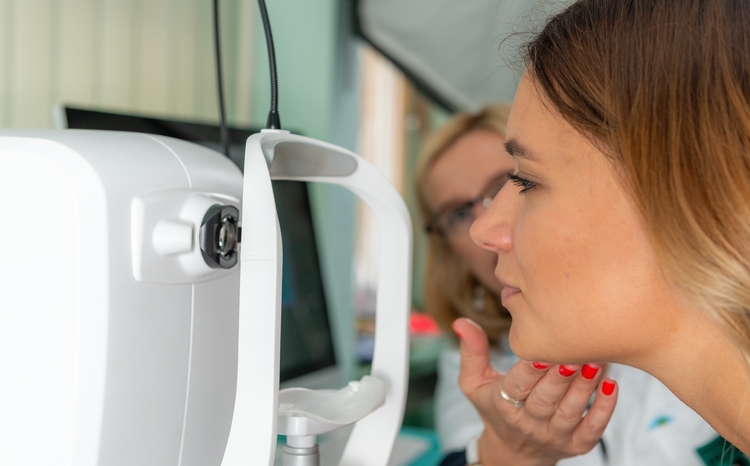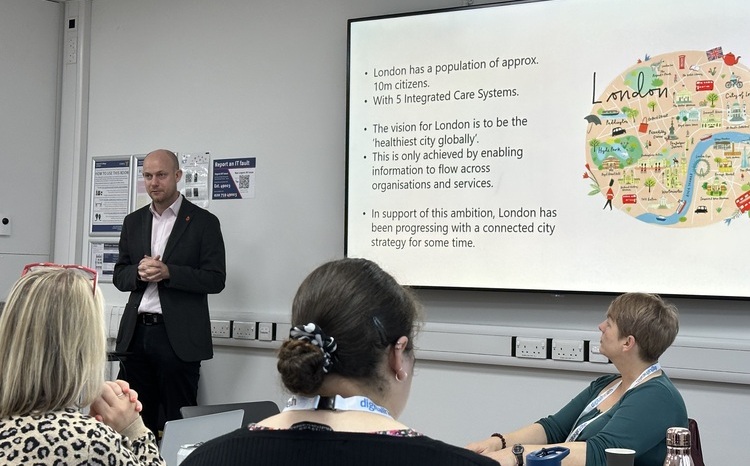Meet the suppliers: TPP
- 10 January 2006
 Linda Davidson
Linda Davidson
With the nation gripped by Strictly Come Dancing, primary care system supplier, TPP, quotes a particularly topical Greek proverb in its brochure: “Either dance well, or quit the ballroom.”
TPP – formerly known as The Phoenix Partnership – shows no signs of quitting: quite the opposite. As Accenture’s alternative primary care system supplier for the North-east and Eastern clusters of the NHS in England, the company is busy. Very busy.
The company’s figures from November show around 2.3 million records live and nearly 300 GP practices using TPP’s flagship SystmOne. Over 100m consultation were recorded on the TPP database with that number is growing by 60,000 a day.
Director, Frank Hester, says the target for next year is to convert 500 more practices in the two Accenture clusters. Added to the existing installed base, this could give TPP around 30% of the market in the North-east and East.
“The doom and gloom merchants need to have a look at what is really happening. It’s not a new system, it’s bedded in – rocksolid,” he says.
Co-ordination
Though the headline figures come from general practice, TPP emphasises that it’s a primary care system using a ‘one patient, one record’ approach to help professionals co-ordinate care across GP practices, community and child health services. And that’s hard to do, says Hester.
There are modules, too, to support multi-disciplinary care for prisoners, homeless people, drug users in rehabilitation and patients travelling through particular care pathways.
Hester’s business partner and fellow director, Satvinder Virk, explains: “We’ve got a single patient record and the architecture in the background decides who can see what.”
Medical director, Dr John Parry, a GP in Keighley, West Yorkshire, gives an example of caring recently for a patient with advanced colo-rectal cancer. He could see instantly in the journal section of the record who had done what on visits to the patient and during his stay at the local hospice.
Contributors to the record included the district nurse, the Macmillan nurse and a locum GP. “Previously we would have had just the district nurses’ paper notes at the patient’s home – which are still there – and spent time faxing or making phone calls.”
SystmOne can be used on mobile devices but this is not done in Dr Parry’s area yet, though not for technical reasons. “It’s a question of funding and staff safety [carrying laptops],” he explains.
Dr Parry was one of TPP’s first users. He and colleagues in Yorkshire’s Worth Valley, near Bradford, went out to tender for their IT inn 1999. “We wanted a system that would run on any PC and a shared record with the diabetes unit and a system we could get into out of hours.”
The kind of shared records now used by Dr Parry and his colleagues are not yet available to all users. TPP say three communities – Bradford, North Lincolnshire and Essex – are the most developed. The aim next year is to ensure most of the North-east and Eastern regions are covered by SystmOne Child Health and Community modules.
Hester and Virk founded the company in 1998. Until then they had built IT systems for big names such as Asda and the Halifax Building Society. Hester’s wife is a GP and he says he grew tired of seeing her struggle with systems he considered to be poor and in need of radical improvement.
They based TPP’s in offices in Horsforth, near Leeds, a village famed, according to its community website, for manufacturing both the world’s largest zip and boot. TPP seems to be determined that it should be known, in the healthcare IT world, at least, for leading quite profound changes in the way primary care professionals use and share information.




